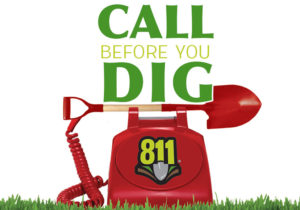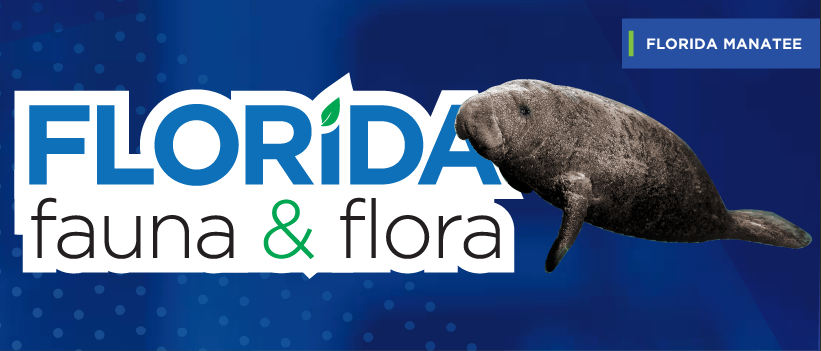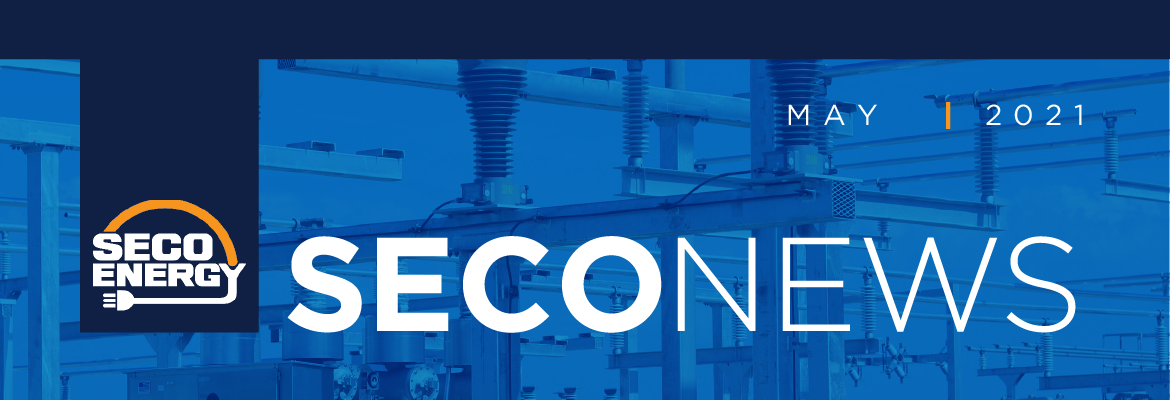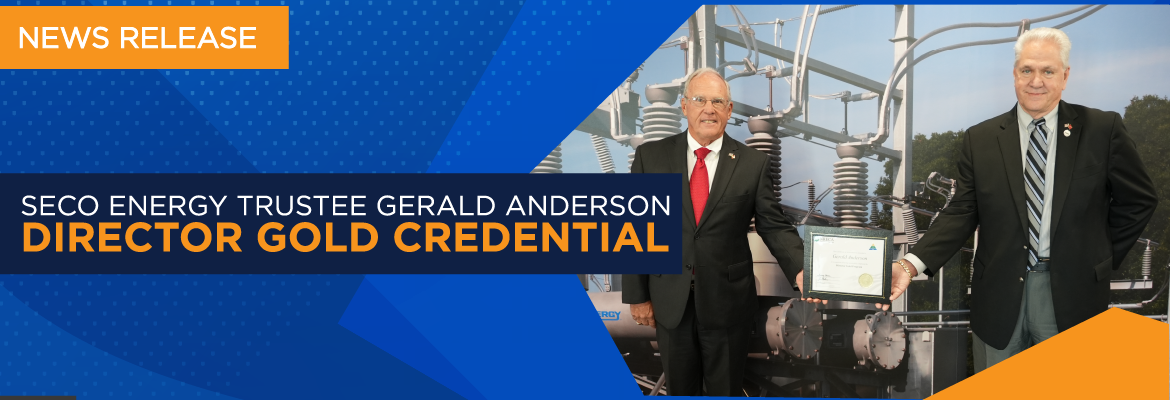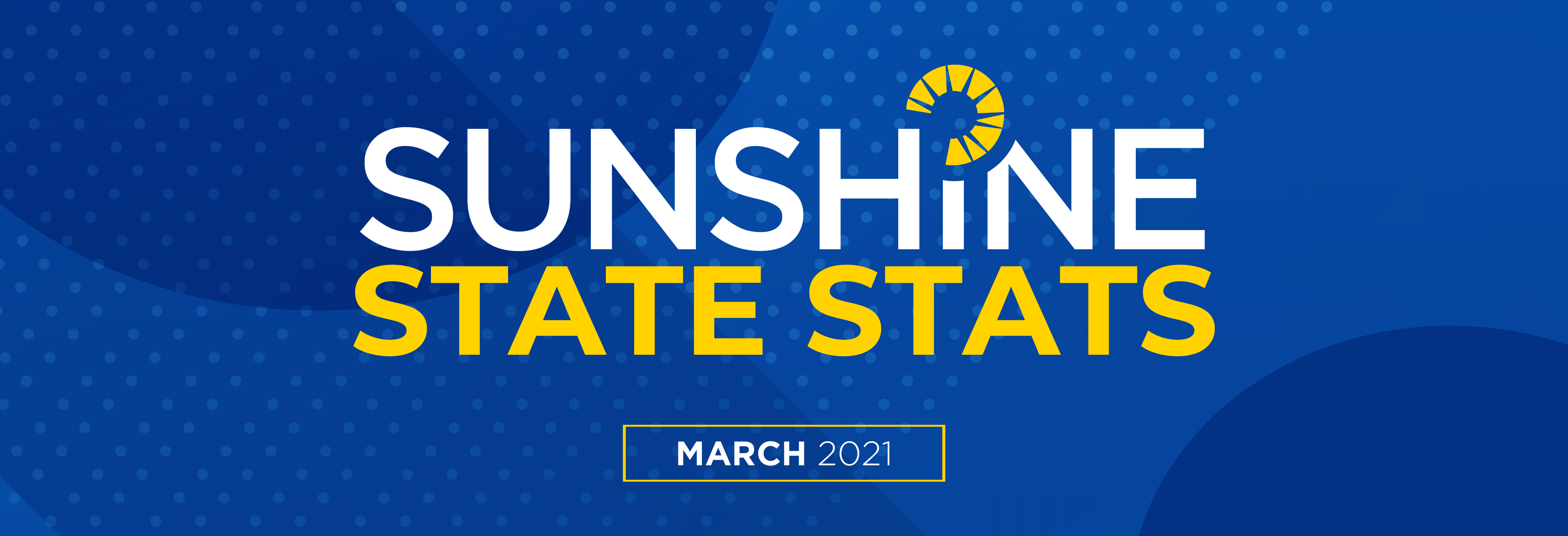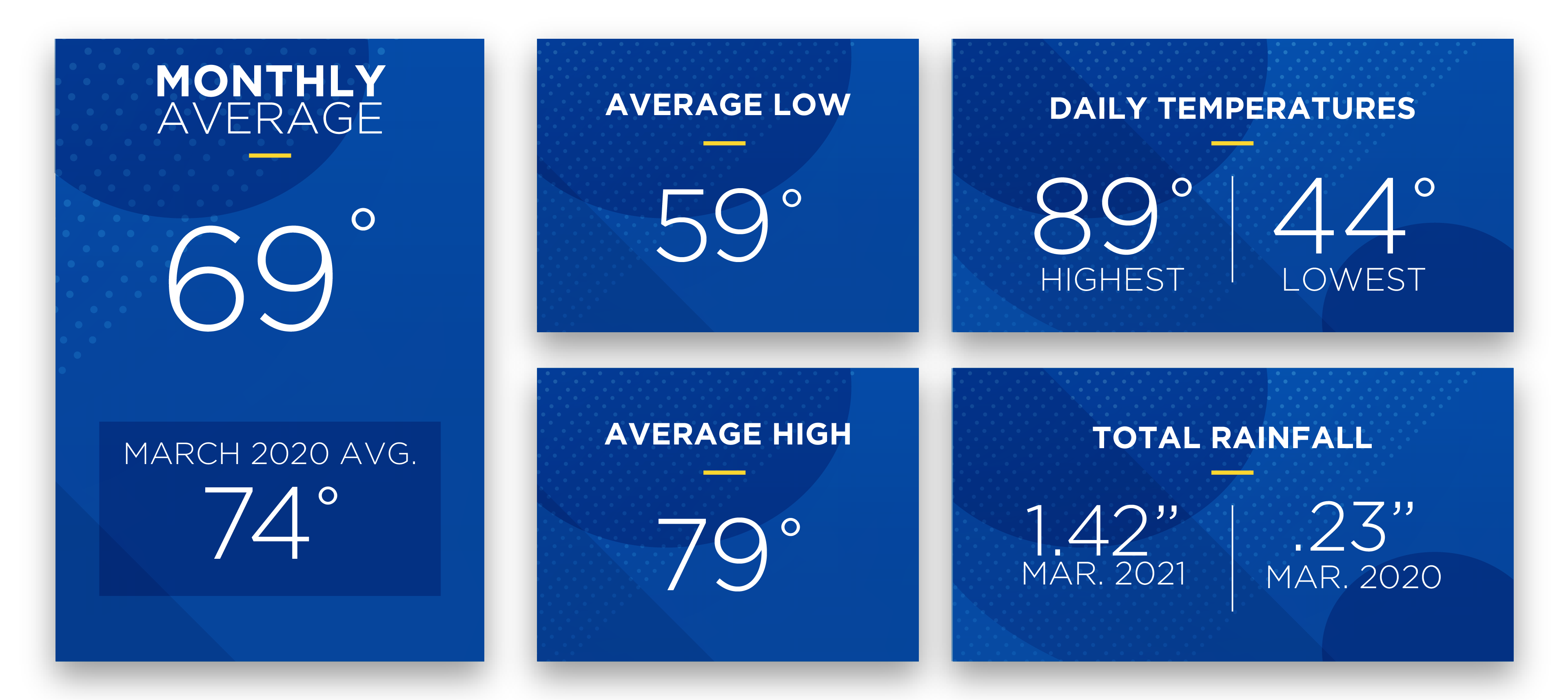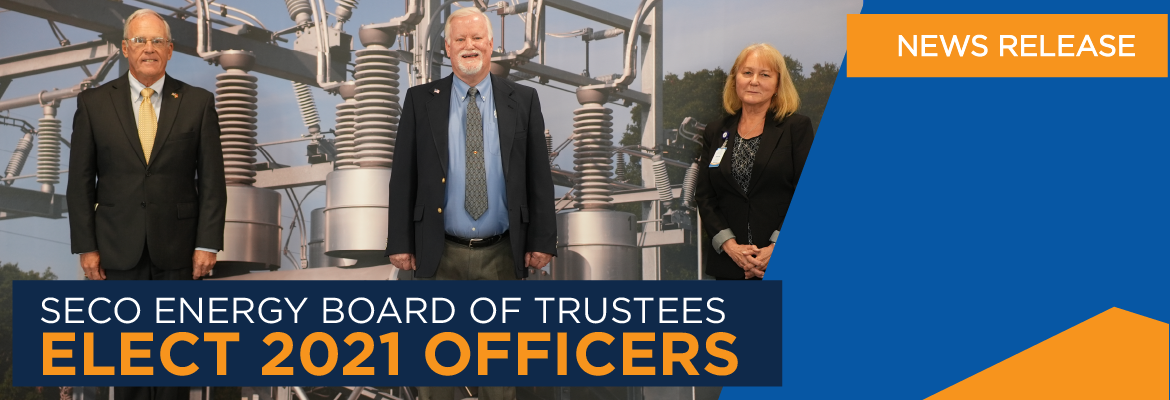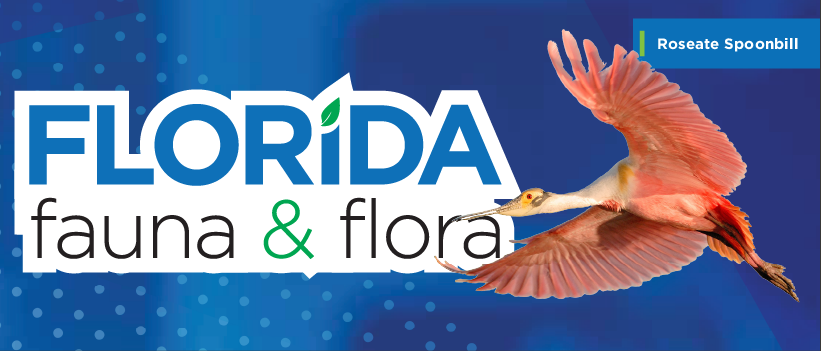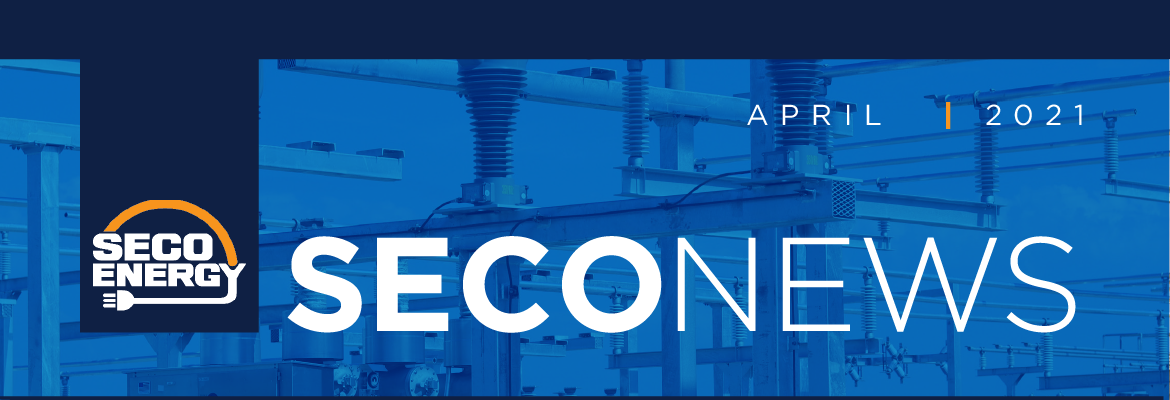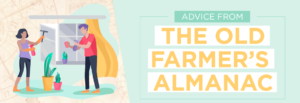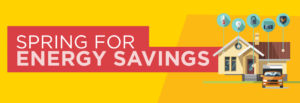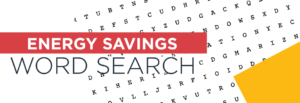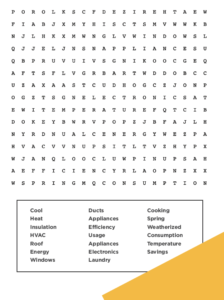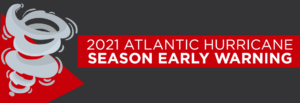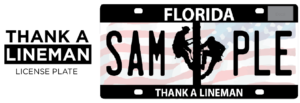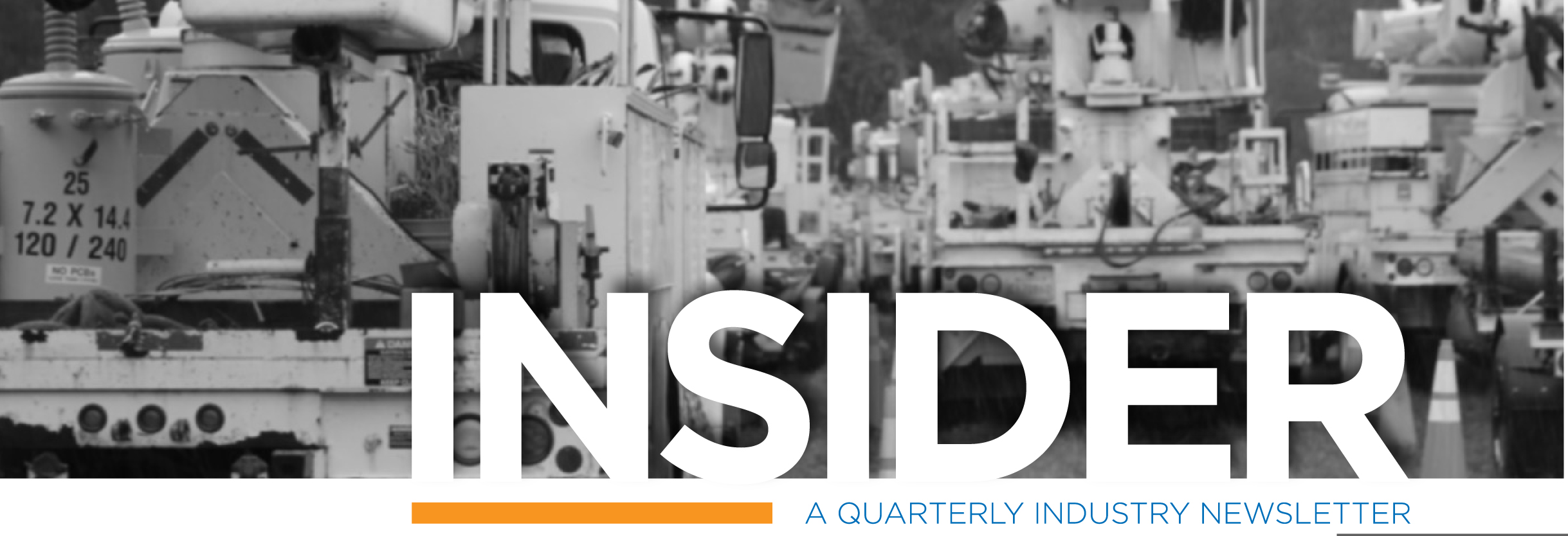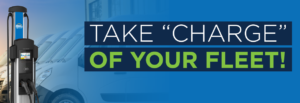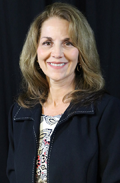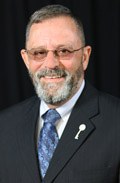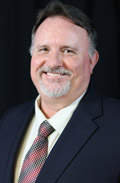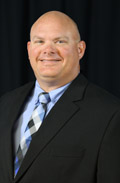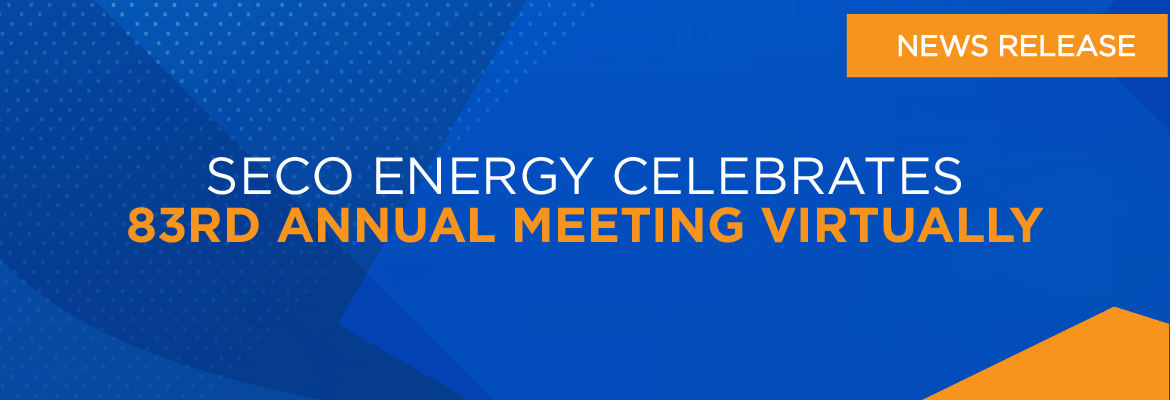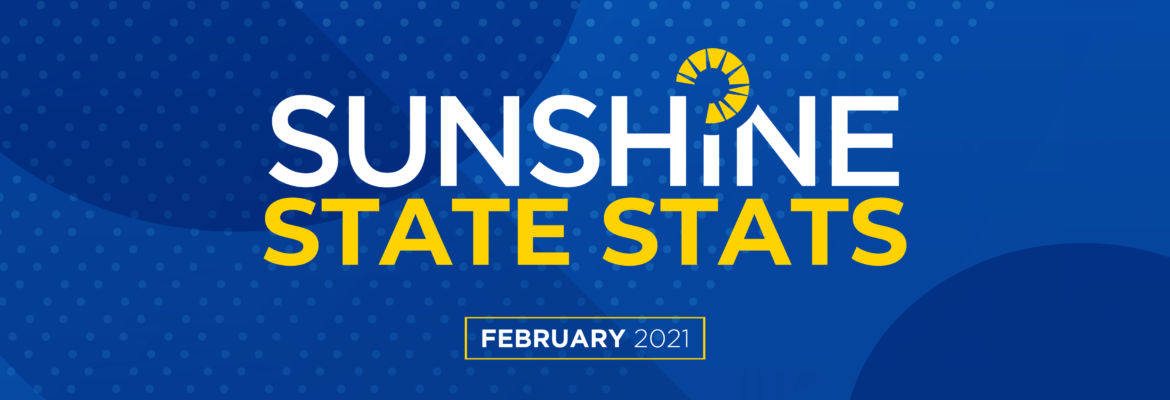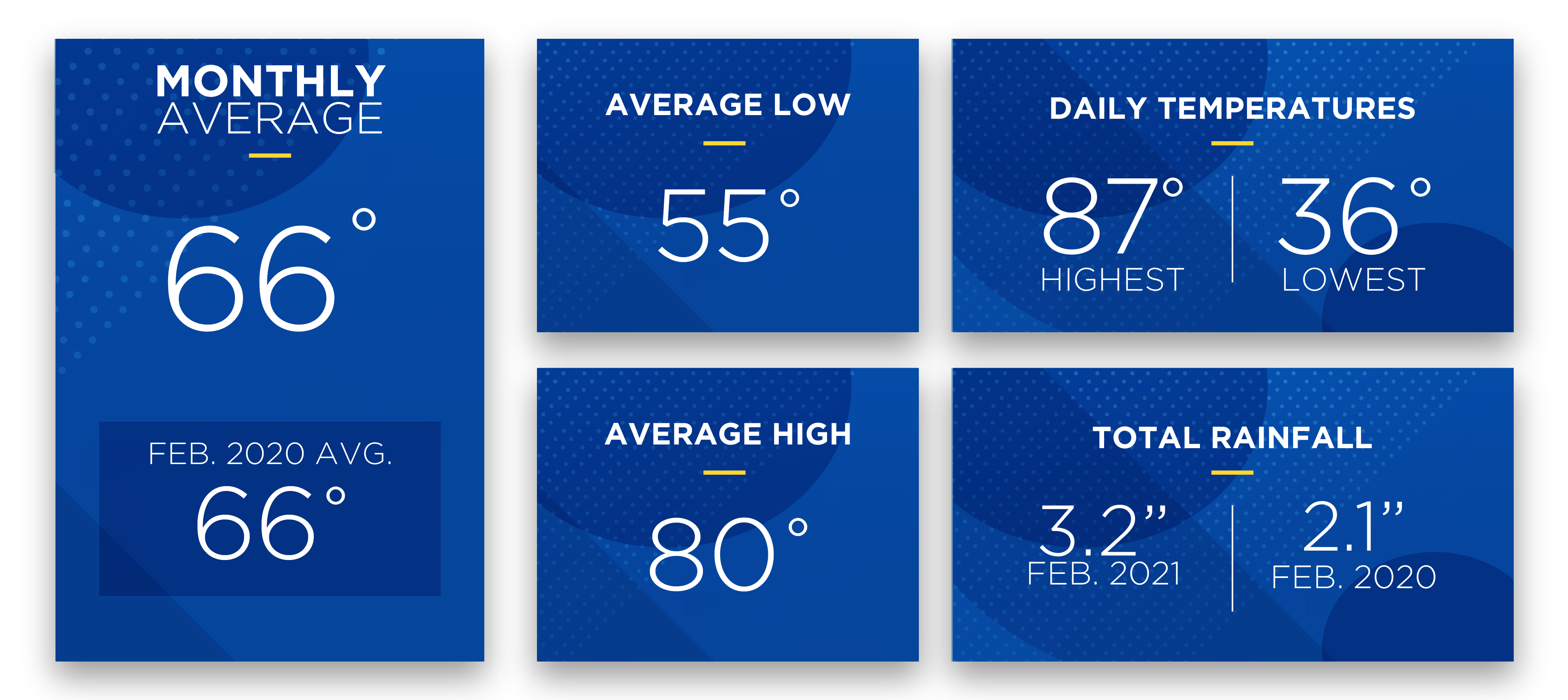Duncan’s Digest – 2021 “Just Business” Annual Meeting Recap
We celebrated our 2021 “Just Business” 83rd Annual Meeting on Thursday, March 25. We opted to hold the event virtually to avoid the large crowd that traditionally gathers for our onsite Annual Meetings. If you couldn’t watch live, you can watch the full video on our Annual Meeting website section.
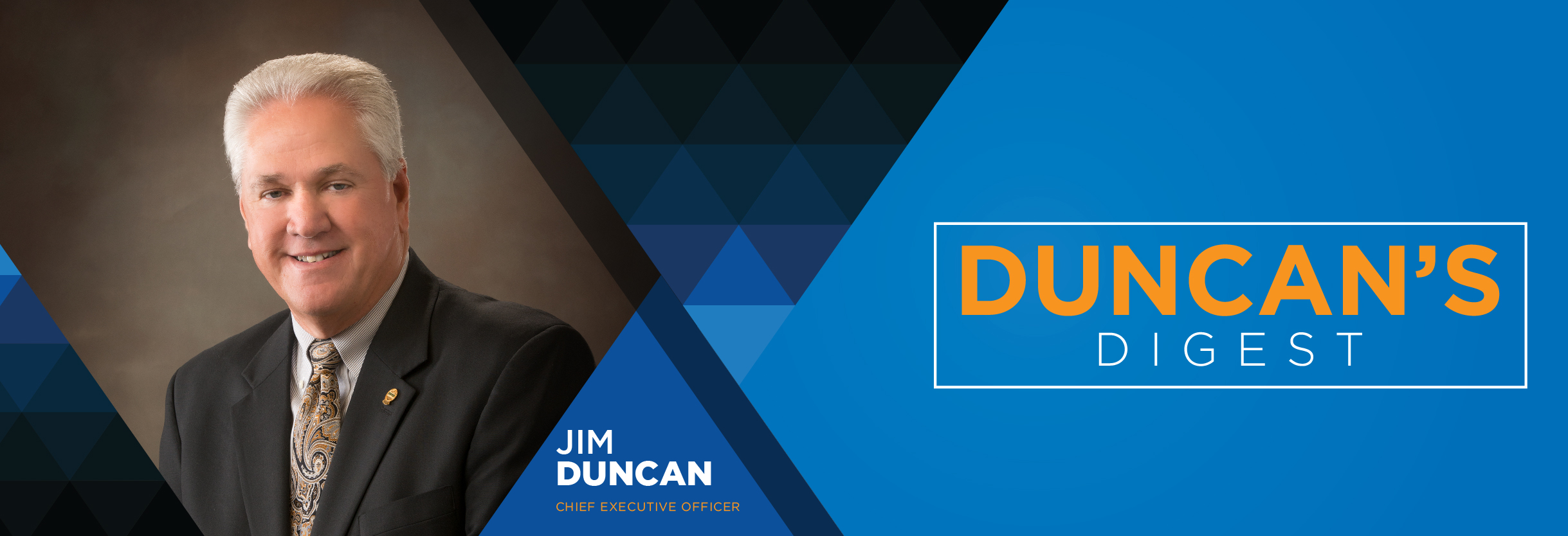
The Meeting was live streamed through webcast, Facebook Live and YouTube. Members tuned in to watch our Board President and District 4 Trustee Richard Dennison call the Meeting to order and close the voting platform at 4:30 p.m. Our Vice President of Corporate Communications and Energy Services Kathryn Gloria gave the invocation and led the Pledge of Allegiance and National Anthem which was prerecorded by SECO Energy’s Manager Consumer Billing & Accounting Tim Wallace.
During Board introductions, we welcomed new Trustee Morgan Hatfield to the Board. Ms. Hatfield was elected in early February to represent District 9 and began her duties on March 29.
Mr. Dennison’s President’s Report provided an overview of the quorum and Annual Meeting requirements Florida cooperatives adhere to under Florida Statute. Two years ago, a Bylaws revision was approved that allows electronic, in-person and by-mail voting on Annual Meeting business to achieve a quorum. Almost 5,000 members voted this year to approve a Bylaws Revision and the 2020 Annual Meeting Minutes. All members who voted were eligible to win 1 of 100 prizes.
My state of the company address reported on the excellent financial health of the cooperative. At year-end 2020, our meter count had grown to 216,477 ranking SECO as the third-largest cooperative in Florida and seventh-largest in the nation. Last year, you and your fellow members consumed 3.64 billion kilowatt hours which is an increase of about 1.7 million over 2019.
SECO’s investment in its electric system is approaching the $1 billion mark at a current valuation of $955.9 million to support the increased demand for affordable energy in our area. Our TIER rating is 2.87 and member equity equals 33.64%. In the customer satisfaction arena, our 2020 ACSI score is an impressive 91. These are all very healthy ratios in the cooperative utility world.
If you’re interested in learning more about our fiscal health, the “Just Business” 2020 Annual Report is available online. Our Independent Auditor’s Report is included with the cooperative’s 2020 and 2019 financial statements.
During the “Just Business” Annual Meeting, we held the traditional military branches tribute and recognized the efforts of the 400+ SECO employees, Board of Trustees and local first responders. I also announced my plan to retire as CEO in January 2022, making this my last Annual Meeting as CEO. Admittedly, I wanted my final Annual Meeting address to be live with a large audience in attendance. Unfortunately, large gatherings are currently not in the best interest of our members and employees.
Thank you to all who tuned in to watch the Annual Meeting live. If you could not tune in, you can view the full video online.
Sincerely,
Jim Duncan
Chief Executive Officer
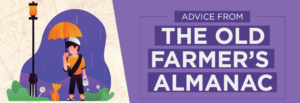
Advice from The Old Farmer’s Almanac
A new friend with fur, feathers or scales may help you reduce stress and offer valuable companionship. The Old Farmer’s Almanac has advice on which pet may be the best fit for your home and family. Almost 60% of U.S. households include at least one pet. Dogs rule the home because they are loving and affectionate but require a hefty time commitment. Cats may be less affectionate and more independent than dogs, but they usually involve less work. Fish are beautiful and colorful but need a clean and well-maintained tank to live. Birds are fun to watch and may add a lively tune or funny voices to your home – but can be messy.
Want to spread the love for pets and wildlife? Purchase or lease the Surge MitiGator and SECO will donate $5 to a pet or animal rescue or shelter of your choice. Read on for more details.

Surgeo Loves Pets – Through June 15
In February SECO News, Surgeo asked for members’ help in supporting domestic and wildlife shelters and rescues by enrolling in SECO Energy’s Surge MitiGator™. For every new MitiGator enrollment, SECO donates $5 to a local pet shelter in Citrus, Lake, Marion or Sumter Counties.
February through March, 1,120 members completed a new Surge MitiGator enrollment, which equaled a $5,600 donation divided among local pet and wildlife rescues.
Take the bite out of damaging surges and spikes with the Surge MitiGator. Surges are caused by lightning, vehicle accidents involving SECO facilities, small animals, birds or fallen trees. Power surges can damage or destroy household appliances and sensitive electronics such as televisions, computers, stereo equipment and more.
SECO’s meter-based surge arrester helps prevent unnecessary financial loss by reducing surges BEFORE they enter your home through the meter. The Surge MitiGator has a beastly 15-year warranty and is designed to protect your home’s large-motor appliances.
You can lease the MitiGator for only $5.95 plus tax per month plus a $25 installation fee. The purchase price ranges from $349 to $399, with installation included.
Enroll in SECO’s Surge MitiGator™ to donate $5 to the shelter or rescue of your choice. Visit our Surge MitiGator website section and click on the enroll icon to fill out the webform and choose which pet shelter will receive a $5 donation on your behalf from SECO. The promotion ends June 15.
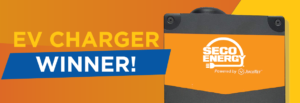
EV Charger Winner
Kathy Ziegler from Ocala is the April winner of a SECO Energy branded JuiceBox Pro 40 EV Level 2 charger. We’re giving one charger away each month while supplies last. To enter, text “EV” to (352) 320-4500 for a link to enter. Or click on the EV Charger Giveaway homepage banner.
Learn more about the benefits of electric vehicle ownership on our EV website pages. You’ll find an EV savings calculator, information about CO2 reduction, an EV and PHEV model finder and a nationwide charger-finder map. Visit our Electric Vehicles website section for more details.
Watch SECO News for next month’s charger winner.
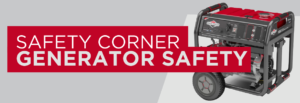
Safety Corner – Generator Safety
Atlantic hurricane season begins June 1. If you plan on using a portable or permanent generator as a source of back-up power during a power outage, learn to operate your generator correctly and safely before a storm impacts our service area.
Follow the safety warnings below to operate a generator.
• To protect yourself, your family, your property and SECO employees and contractors, read and follow the generator owner’s manual and pay close attention to the safety instructions.
• A qualified electrical contractor must install a permanent generator with a disconnect and transfer switch. This is NOT a DIY job.
• A qualified electrician is required to connect a generator to an electrical panel. An incorrect connection could electrocute the user or endanger our employees and contractors.
• Follow local, state and national fire and electric codes. A permit is required to install a permanent generator.
• Before starting your generator–always disconnect from your metered electric utility service.
• Never run a generator inside a building – even in a garage – it is a hazard and violates safety codes because it generates deadly (and odorless) carbon monoxide (CO).
• Be sure the area where a generator is operating is adequately ventilated, has sufficient airflow and is away from open windows.
• Store gasoline and diesel in approved containers out of the reach of children. Never fuel the generator while it is running.
• Extinguish all flames and cigarettes when handling fuel.
• Stage a fully charged, approved fire extinguisher near the generator.
• Use extension cords free of exposed wires and frayed shielding.
• Never remove or tamper with a generator’s safety devices.
• Do not attempt to repair a generator. A qualified technician should perform repairs and service as needed.
• Generator engine parts are very hot during operation. Severe burns may result. Always keep children away.
Improper use or installation of an electric generator can cause property damage, severe injury or even death. Members who use a generator to operate life-saving equipment should verify the generator’s compatibility. Learn more about proper generator use and safety tips; view our generator safety video on our website.
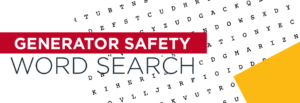
Generator Safety Word Search
A generator may come in handy during storm season. Make a commitment to safety while running a generator to protect you, your family and SECO employees and contractors.
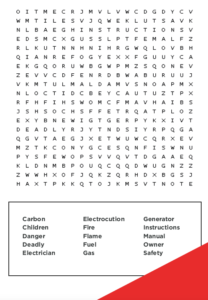
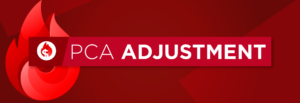
PCA Adjustment
The commodities market is changing, and natural gas prices are rising. This affects fuel costs associated with producing power at Seminole Electric Cooperative’s natural gas plants. In turn, those costs are passed along to SECO members with the Power Cost Adjustment (PCA) factor line item on the monthly electric bill. On May 1, the SECO Energy PCA changed to keep pace with the market and wholesale power costs. The result is the cost of 1,000 kilowatt hours increased from $116.90 to $121.00
Need help paying your bill? View our interactive map to find an agency in your area.

Winners’ Circle
Have you engaged with our virtual assistant Electra who can answer thousands of calls without missing a beat? Ask Electra for assistance instead of waiting to speak with a representative. Each week, we’ll draw one winner who will receive a $25 gift card. Winners are drawn from all members who called and successfully took care of business with Electra.
Winners Are:
Jeffrey Moody from Umatilla
Dona Macomber from Webster
Peter Cockcroft from Bushnell
Francis Campbell from Clermont
Winners in our Go Green and Win: Paperless Billing and Bank Draft incentive.
Josh McIntyre from Lake Panasoffkee is the winner of a $200 SECO Energy bill credit.
Thomas Binkley from Clermont is the winner of a NEST thermostat.
Jacob Dickman from Ocala is the winner of an Amazon Echo Dot with Alexa.
Read Winners’ Circle next month for more winners.
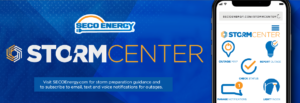
StormCenter
Before the Atlantic hurricane season begins on June 1, enroll in StormCenter outage notifications via email, text, voice messages or all three.
StormCenter identifies the service locations affected by an outage and proactively sends a notification with the estimated restoration time, crew status and more. Once service is restored, you’ll receive a message that includes the outage cause if known. You can set do not disturb times if you don’t want to be called in the middle of the night about an outage or restoration. To choose notification preferences, visit StormCenter on the website and click on the Manage Notifications tab.
Reporting a new outage or checking the status of an existing outage with your smartphone or tablet is easy. Click “Report Outage” and enter the account holder’s last name and house number (or the account or phone number). Find the status of an existing outage on the Check Status tab.
Read the full May SECO News online.

